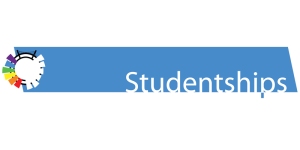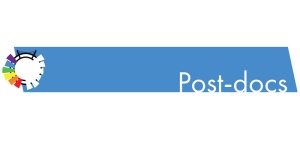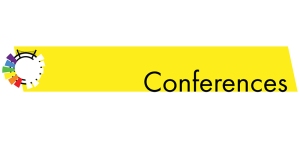 Visiting Faculty Position in International Relations and/or International Law, John Cabot University, Rome, Italy . Deadline: 4 May 2024.
Visiting Faculty Position in International Relations and/or International Law, John Cabot University, Rome, Italy . Deadline: 4 May 2024.
John Cabot University invites applications for a full-time visiting faculty position in International Relations and/or International Law. The appointment is for one year, beginning August 2024, and with possibility of renewal. They seek candidates with a Ph.D. in International Relations or International Law, demonstrated excellence in teaching and research, and commitment to academic service. The area of specialization is open, but preference will be given to applicants with an interdisciplinary expertise in the two above-mentioned areas. Special consideration will be given to candidates with expertise in Cybersecurity, Environmental Politics, Transatlantic Relations and US Politics, Food Security and International Development.
The ideal candidate should have familiarity and experience with the American liberal arts educational tradition, and be prepared to teach introductory courses (e.g., World Politics, International Organizations, International Law) as well as courses in their area of expertise. The teaching load is three courses per semester. Candidates are expected to be fluent in English, which is the language of instruction, and to have permission to work in the EU.








